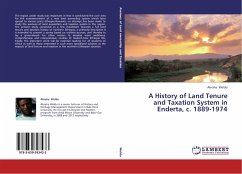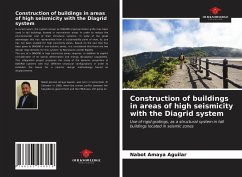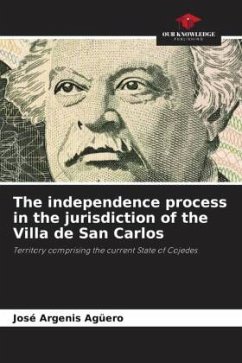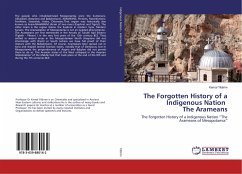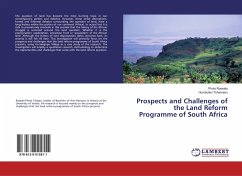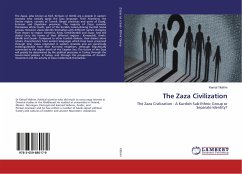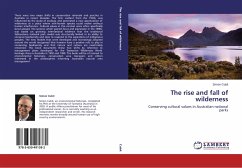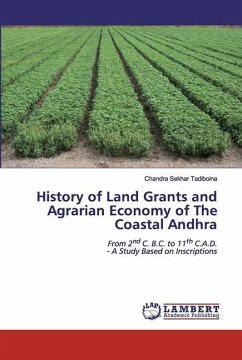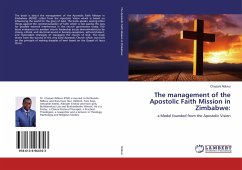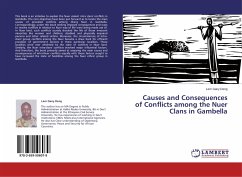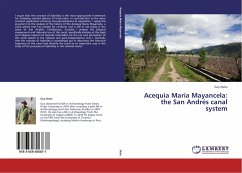
Acequia María Mayancela: the San Andrés canal system
Versandkostenfrei!
Versandfertig in 6-10 Tagen
45,99 €
inkl. MwSt.

PAYBACK Punkte
23 °P sammeln!
I argue that the concept of hybridity is the most appropriate framework for analyzing colonial spheres of interaction, in contradiction to the more common application of binary conceptualizations of opposition. I apply this argument to the analysis of the history of the Acequia María Mayancela, a canal system that has existed for centuries and is still in use today in the town of San Andrés, Chimborazo, Ecuador. I analyze the physical components and historical use of the canal, specifically looking at the legal and religious impacts of Spanish colonialism on the use and perception of this ca...
I argue that the concept of hybridity is the most appropriate framework for analyzing colonial spheres of interaction, in contradiction to the more common application of binary conceptualizations of opposition. I apply this argument to the analysis of the history of the Acequia María Mayancela, a canal system that has existed for centuries and is still in use today in the town of San Andrés, Chimborazo, Ecuador. I analyze the physical components and historical use of the canal, specifically looking at the legal and religious impacts of Spanish colonialism on the use and perception of this canal system in the colonial and post-independence eras. I conclude that the concept of hybridity is exceedingly apt in discussing the historical trajectory of the canal and identify the canal as an important case in the study of the processes of hybridity in the colonial world.



